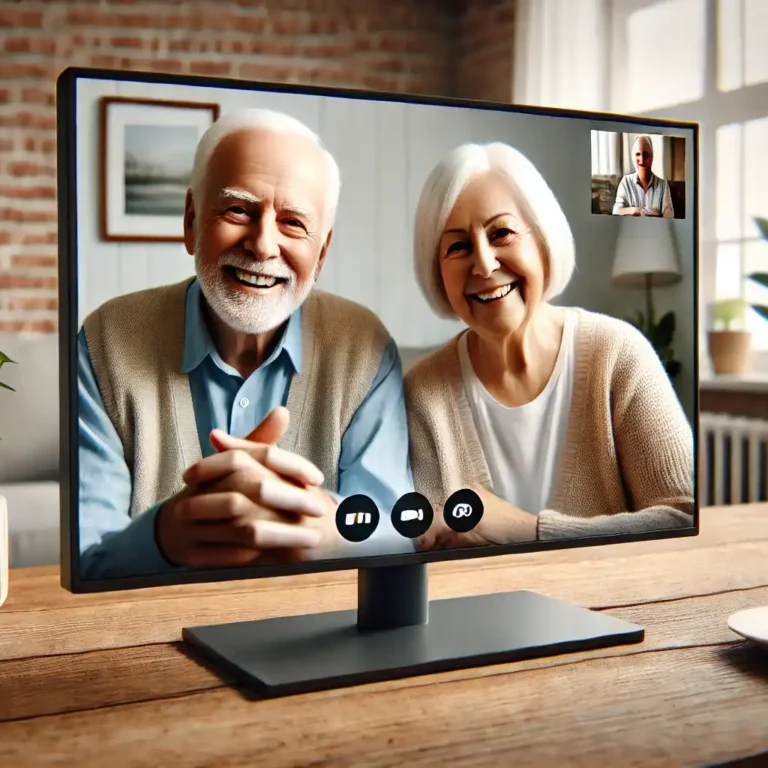What is a Healthcare Power of Attorney? Ensuring Your Medical Wishes are Honored

A Healthcare Power of Attorney (POA) is a legal document that allows an individual (the principal) to appoint another person (the agent or attorney-in-fact) to make medical decisions on their behalf if they become incapacitated or unable to make decisions themselves. From a legal standpoint, this document ensures that medical preferences are followed, and it grants the agent the authority to interact with healthcare providers, access medical records, and make decisions about treatments, surgeries, and end-of-life care based on the principal’s wishes.
Key Elements of a Healthcare Power of Attorney:
- Agent Appointment: The document identifies the person appointed to make healthcare decisions.
- Scope of Authority: Specifies the decisions the agent can make, such as medical treatments, surgical procedures, and long-term care.
- Activation Conditions: Outlines when the POA comes into effect, typically when the principal is deemed incapacitated by medical professionals.
- End-of-Life Decisions: Often includes preferences regarding life-sustaining treatments, such as the use of ventilators or feeding tubes.
- HIPAA Authorization: May include a clause allowing the agent access to the principal’s medical records under the Health Insurance Portability and Accountability Act (HIPAA).
Legal Perspective on Healthcare POA:
From a lawyer’s perspective, the Healthcare Power of Attorney is crucial for protecting an individual’s right to have their medical wishes respected when they are unable to communicate. It also prevents delays in medical care by providing clear legal authority for the agent to make decisions. Without this document, family members may need to seek a court order to make healthcare decisions, which can be time-consuming and stressful in urgent situations.
Example of Use:
If a person is in a coma and unable to make medical decisions, the appointed agent under a Healthcare Power of Attorney can decide whether to continue life-sustaining treatment, based on the principal’s previously stated preferences.
Differences Between Healthcare POA and Living Will:
While a Living Will outlines specific medical treatments the principal wants or does not want, a Healthcare POA appoints someone to make decisions that may not be directly covered in the living will, offering more flexibility in unpredictable medical situations.
| Aspect | Healthcare POA | Living Will |
|---|---|---|
| Purpose | Appoints an agent to make medical decisions | Provides specific instructions for medical care |
| Scope | Broad, covering various medical decisions | Limited to specific treatment preferences |
| Activation | When principal is incapacitated | When specific conditions (e.g., terminal illness) occur |
Conclusion
A Healthcare Power of Attorney is a critical legal tool for ensuring that your medical wishes are respected if you become incapacitated. It offers flexibility and peace of mind by appointing a trusted individual to make complex decisions on your behalf. LegalDocExpert.com can help you draft a Healthcare POA that meets your needs and ensures your medical preferences are upheld. Contact us today to get started.






